The keychains of the Japanese brand Picus, "the antiques of the future"
Made using materials that change over time, the products of the Japanese brand Picus are designed to be used daily and thus evolve with their owners. The brand's creations feature an aesthetic that is both ancient and modern; it's no wonder they are affectionately nicknamed "antiques of the future" by their creator Masayuki Honami.
Among the many products sold by the brand, the keychain range is particularly interesting. Their original design, reminiscent of old hotel room keys or luggage tags, makes them perfect accessories to personalize everyday objects. The “luggage tag” keychains, for example, look especially good on a Traveler's notebook travel journal.
The creation of the Picus brand
Founded in 2009 in Tokyo by Masayuki Honami, the brand enjoys creating modern products inspired by the design of old objects that have fallen out of use and giving them a whole new function. It was during his honeymoon trip to England that Masayuki Honami had the idea to bring these old objects back into fashion.
While wandering through the flea markets of London, he realized that people still have a keen interest in these old objects and that they have absolutely not lost their charm despite the passage of time. He also brought back from this trip an old typewriter he found, from which he would make objects, such as bookmarks, using the keys of the machine.
Before creating his own brand, Masayuki Honami worked at a company that sold various everyday objects. It was through this work that he was able to learn more about the craft and build a list of contacts to gain access to factories to create the very first Picus objects.

The brand's objects
Since Picus's first creations in 2009, the brand has expanded its catalog and offers for sale objects as diverse as pen cases, clipboards, brass boxes, card cases, brass trays, pen holders, herbariums, and incense holders.
All these objects nevertheless share the common feature of being designed for everyday use and have a simple aesthetic that brings back the style of old objects. These “antiques of the future” are made from materials that evolve over time, such as brass, copper, leather, or wood. Brass, for example, is a material that develops a patina over time, meaning a brown layer forms on its surface due to oxidation. Simply touching a brass product triggers this natural process that gives it so much character.
Since these materials are very different, they are not produced in a single factory, but by artisans specialized in these fields. For example, the coloring of the brand's retractable pens is done manually in a workshop in Takaoka (Toyama Prefecture), a city with a strong industrial past, specialized in copper and lacquer; each pen thus has its own unique pattern. For this reason, Picus objects are not produced in very large quantities. Especially since even with the help of machines, the objects must be assembled by hand.
In order to evolve with their owners, Picus products are very durable and designed for daily use. The brand’s creator hopes that contemplating the marks left by daily use on these objects will bring back precious memories to each owner. They are also timeless objects: no matter how much time passes, their charm will not disappear. It is no coincidence that they are inspired by various old objects, which still attract many people at flea markets.

The keychains of the Picus brand
Among the flagship products of the brand, there is a magnificent range of keychains. As their name suggests, these objects can be used as simple but elegant keychains. However, it is just as possible to repurpose these objects from their main function, letting one’s creative side speak a little...
-The “hotel room” keychains in wood
Made of wood and brass, their design recalls that of the keychains to which the keys of ryokan, traditional Japanese inns, were attached. One can also see numbers on these keychains, stamped with gold leaf, reminiscent of the room numbers of these establishments.
Although available in different colors, these keychains are not painted but simply varnished. The different colors come from the type of wood used. For example, keychains bearing the number 105 are made from cherry wood, those bearing the number 307 from walnut wood, and those bearing the number 1027 from merbau wood. The choice is thus left to the buyer to select which number and material inspire them the most.
While this keychain looks great on a keyring, recalling its original use, it also makes a very beautiful decorative object. For example, simply hanging it on a hook subtly decorates a white wall.
-The “hotel room” keychains in brass and leather
Made of brass and cowhide leather, a material that also evolves over time, these keychains have a cylindrical shape that makes them easy to hold in hand. They are also numbered (635, 701, and 829) and have different colors depending on their numbers.
Due to their small size and cylindrical shape, these keychains are perfect for attaching to a zipper slider: the part used to open or close the zipper. For example, they can be attached to the sliders of Okamoto Shoten brand pouches to accessorize them. These keychains then become as elegant as they are practical.
-The “luggage tag” keychains in brass
Made of brass, these keychains take us directly back to the era of the first train journeys, where these tags were found attached to large leather suitcases of travelers… Each keychain is made from the pattern of an old luggage tag, reproduced on a molded plate. Although the design is based on an old tag, these keychains are both modern and very elegant.
They are available in different colors: ash green, beige, rusty, natural (black or natural writing) and have a brown brass eyelet. Just like the objects they are inspired by, these luggage tags can be attached to a travel bag or suitcase, but they are also perfect for accessorizing a Traveler's notebook…

Accessorizing your Traveler's notebook
Traveler's notebooks are customizable travel journals, whose cover made of vegetable-tanned cowhide leather recalls the travel journals used by great explorers and travelers who, centuries ago, set out to discover new horizons and cultures. This travel notebook closes with an elastic that can be personalized by adding a small accessory. There are many objects that can fulfill this role: it can be an object with sentimental value, an object related to one of your passions, or simply an object you like.
For example, and to stay on the travel theme, the Picus “luggage tag” keychains are perfect for accessorizing a Traveler's notebook. The two products complement each other perfectly, because although marketed by two different brands, they are intended to be used daily to keep traces of the passing time. While the cover of the Traveler's notebook will gradually become scratched, the paint on the keychains will peel off in places. To personalize your Traveler's notebook with these keychains, it's very simple. Just pass the keychain, with or without the ring, through the elastic that closes your Traveler's notebook. These keychains are the perfect size and blend very well with the aesthetic of these travel notebooks. Especially since it is possible to choose the color of the elastic, to create a notebook that looks 100% like you.

As you might have guessed, the range of keychains from the Picus brand is ideal for accessorizing and personalizing various everyday objects. Their original design, inspired by old items, makes these keychains particularly elegant and endearing. They are perfect objects that will accompany you for many years. Masayuki Honami, the creator of the Picus brand, is also eager to see what all these objects will look like in decades to come.



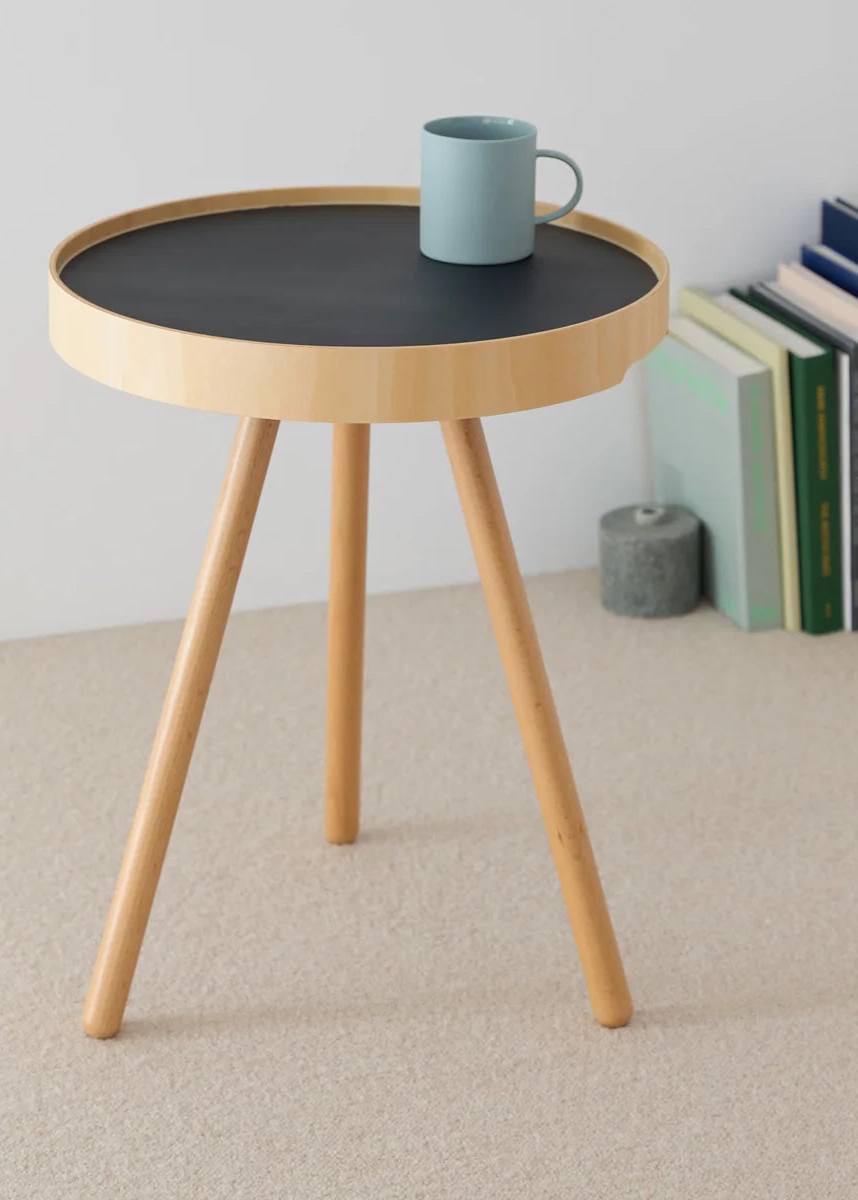
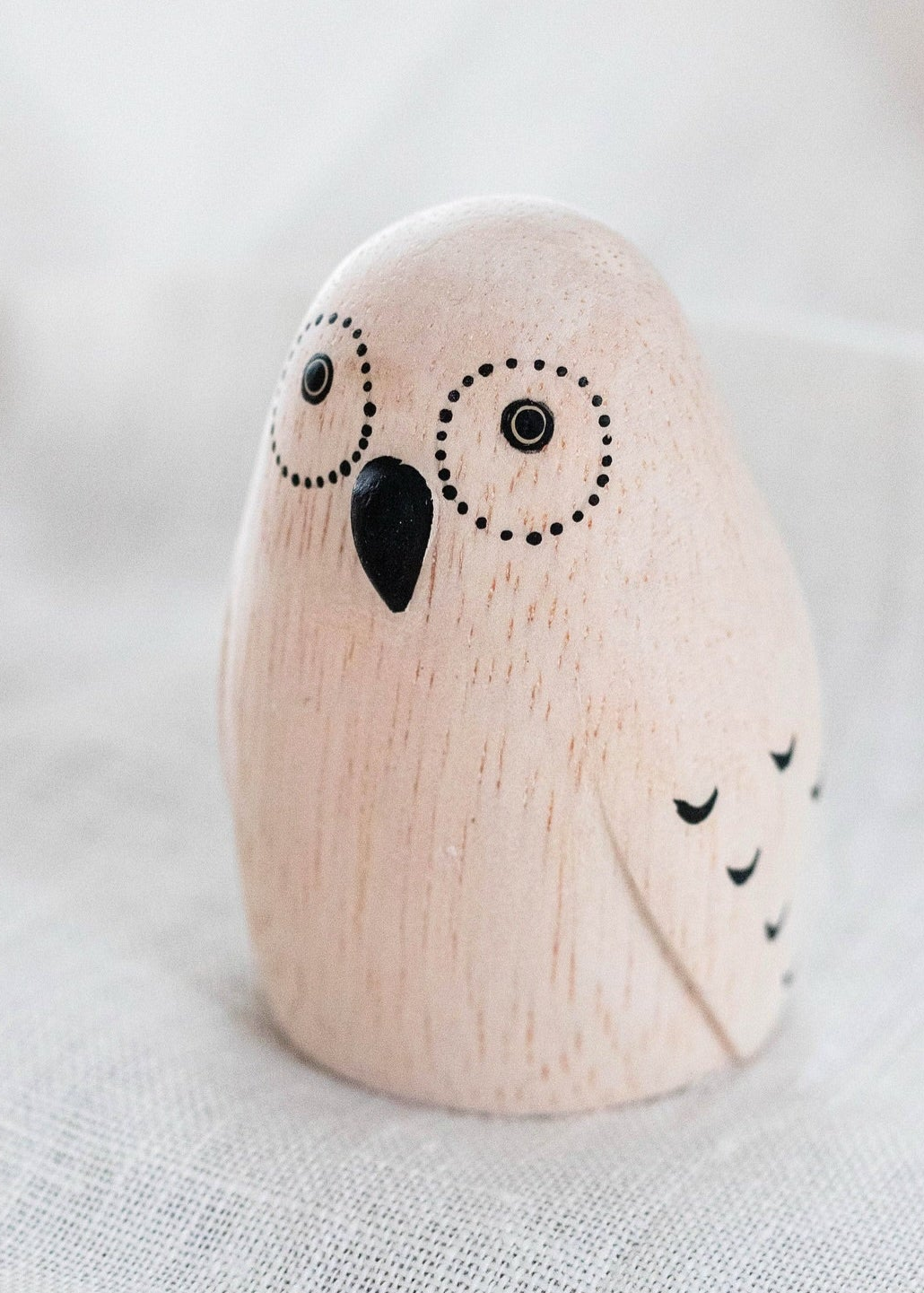
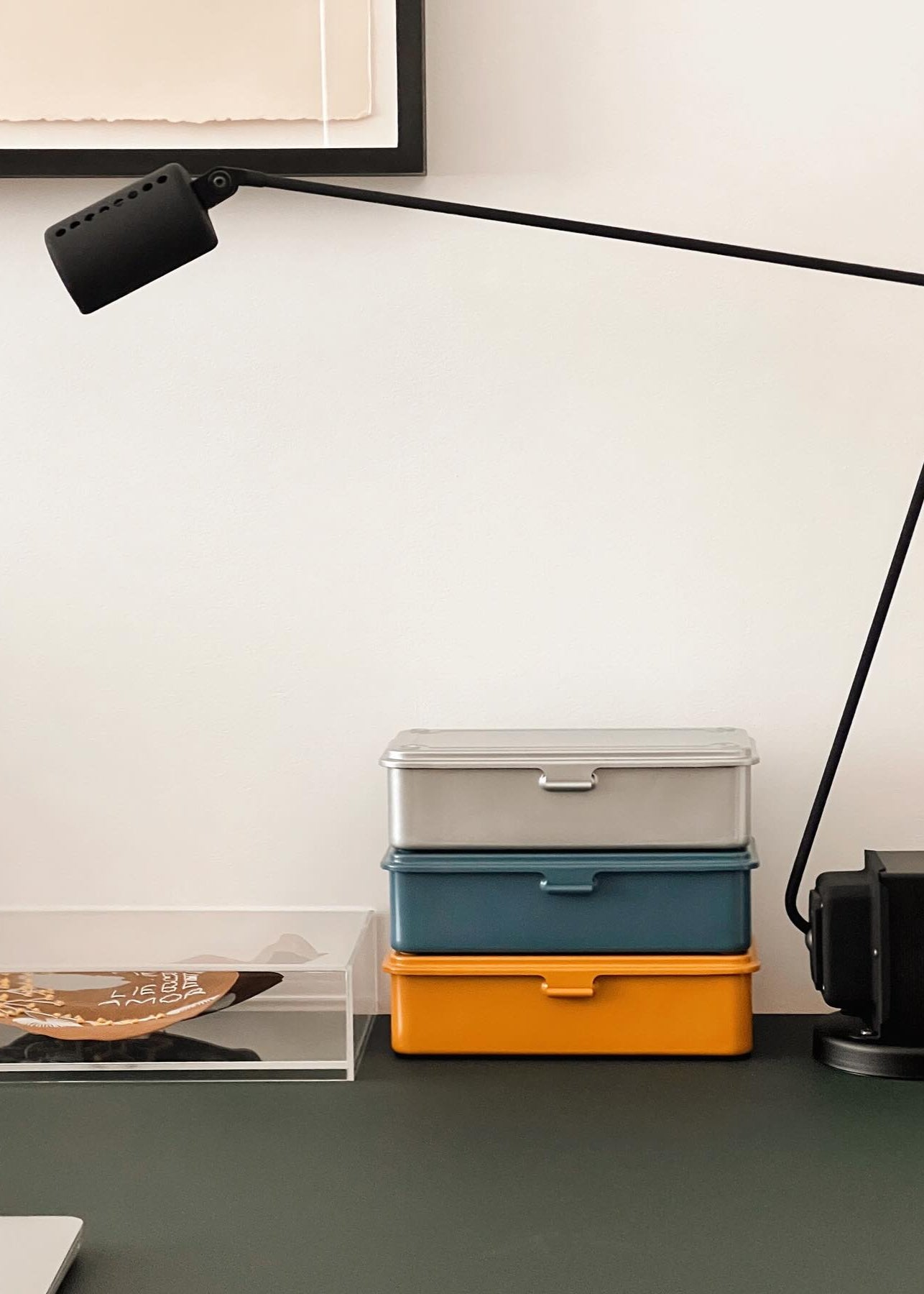
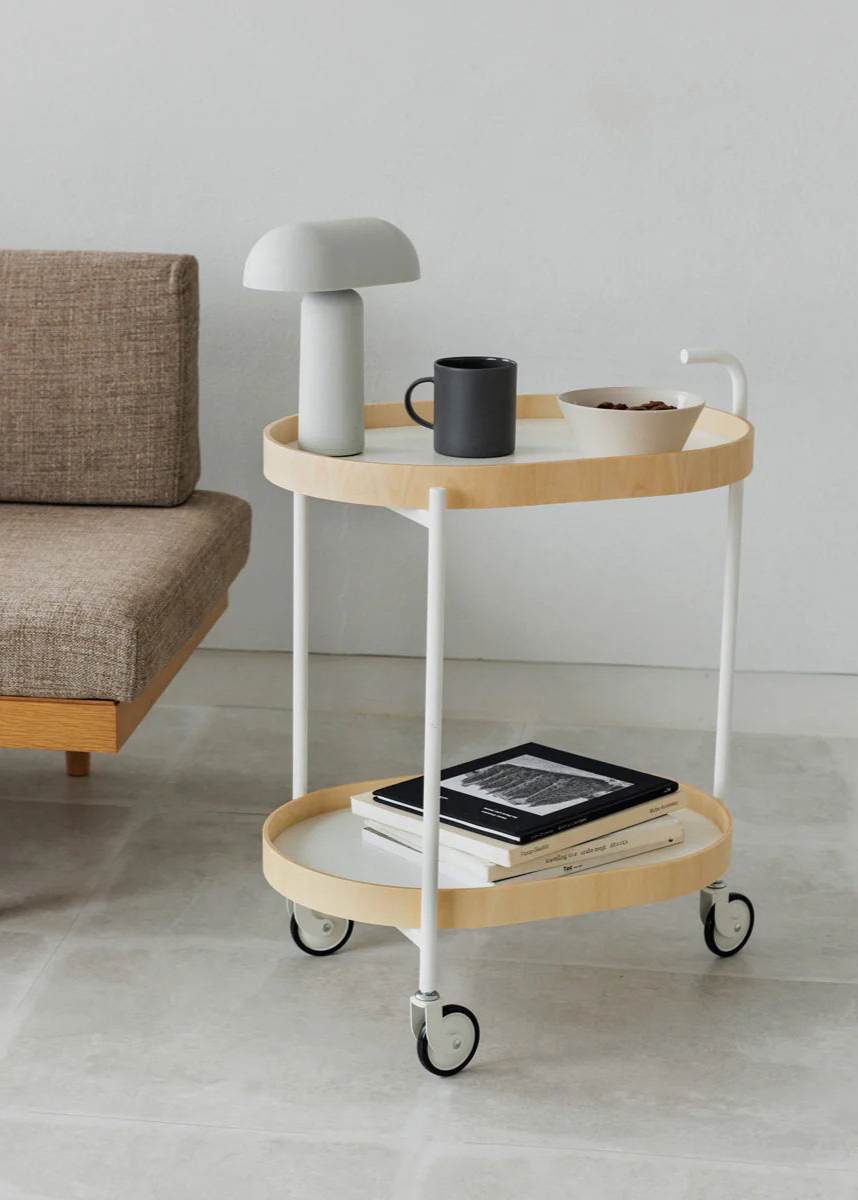

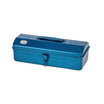
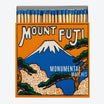
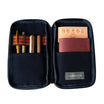
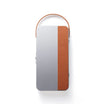

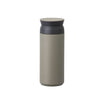
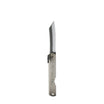
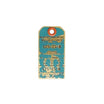
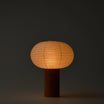
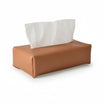
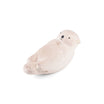
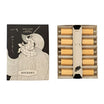
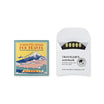
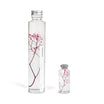
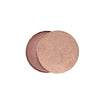
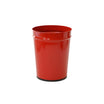
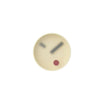
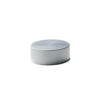
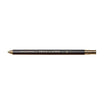
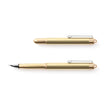
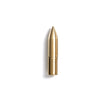
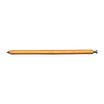
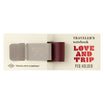
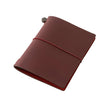
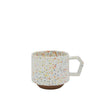
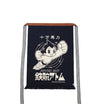
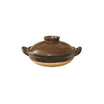
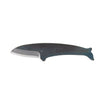
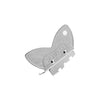
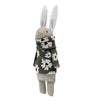
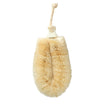
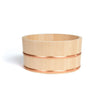
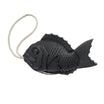
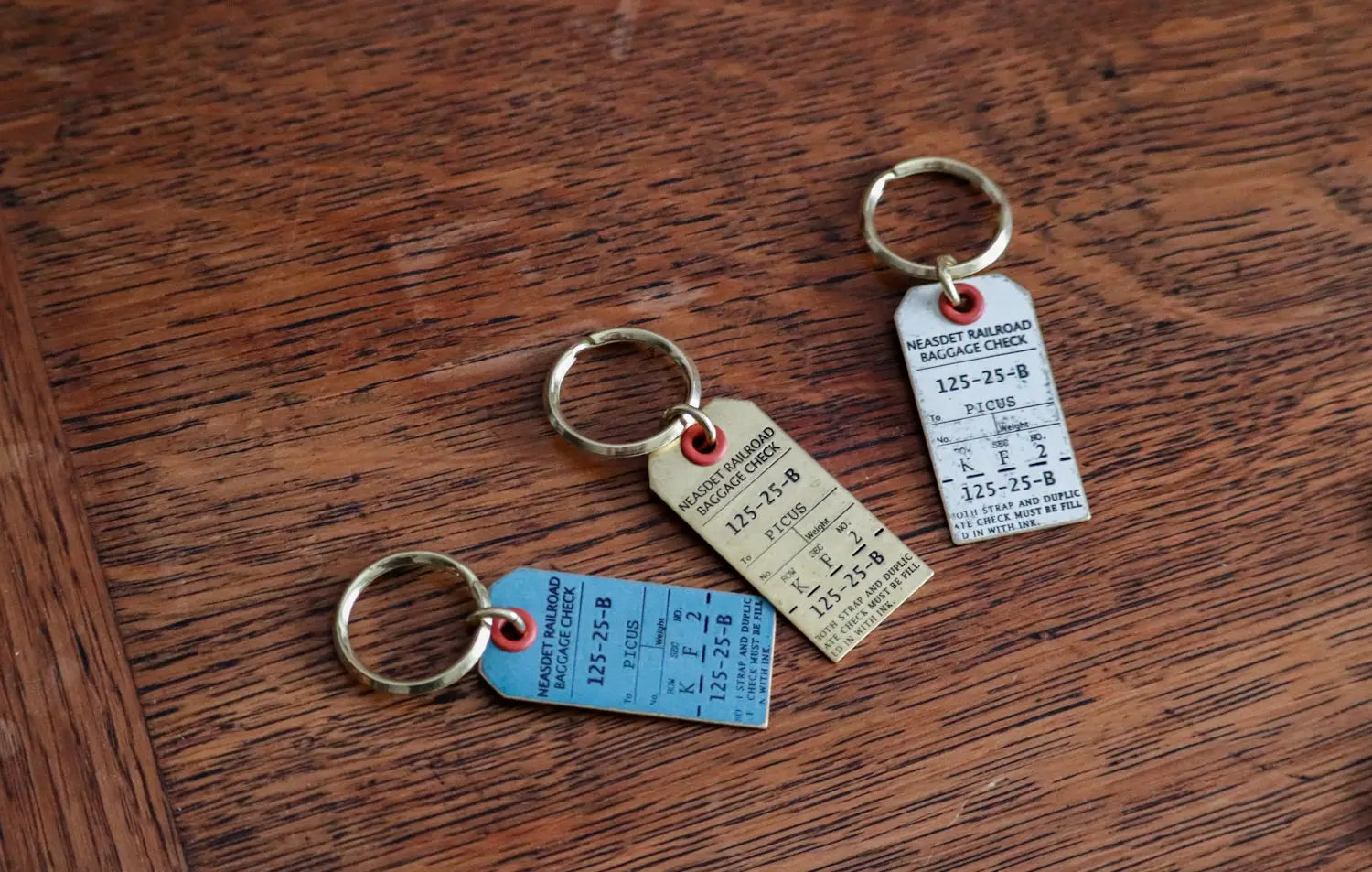

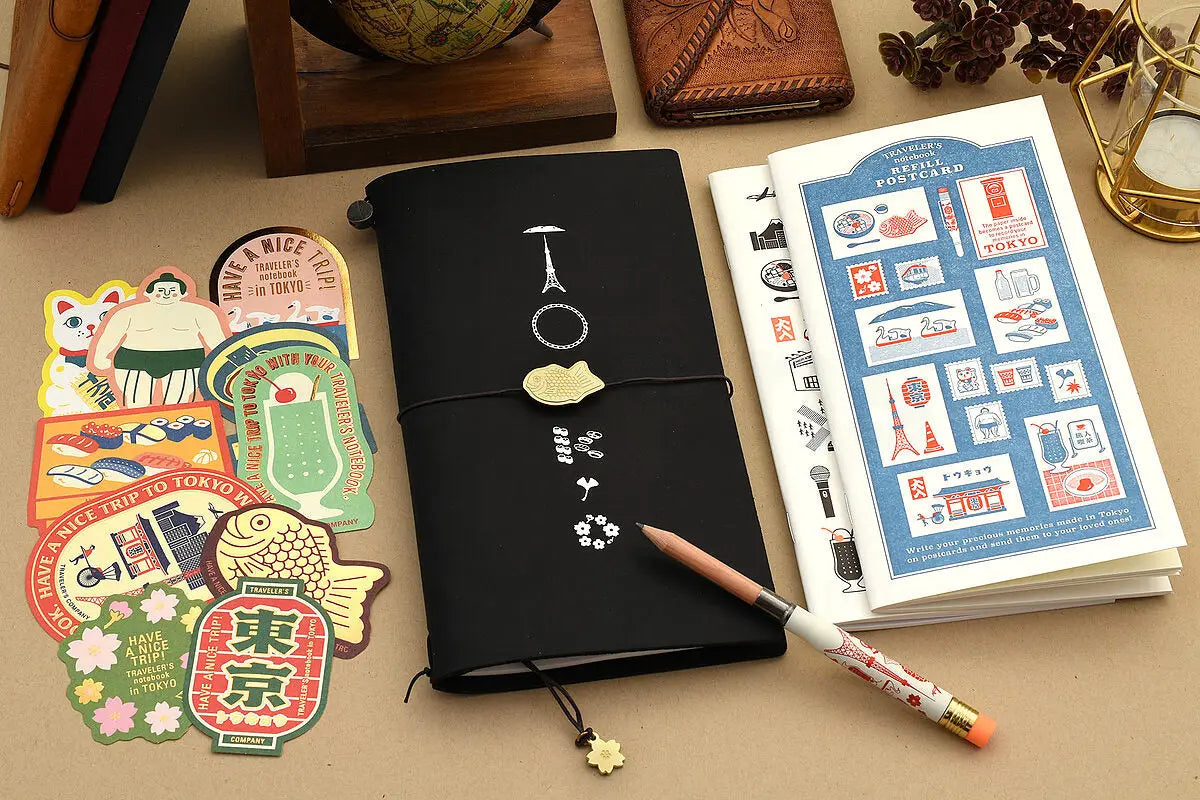
Leave a comment
This site is protected by hCaptcha and the hCaptcha Privacy Policy and Terms of Service apply.